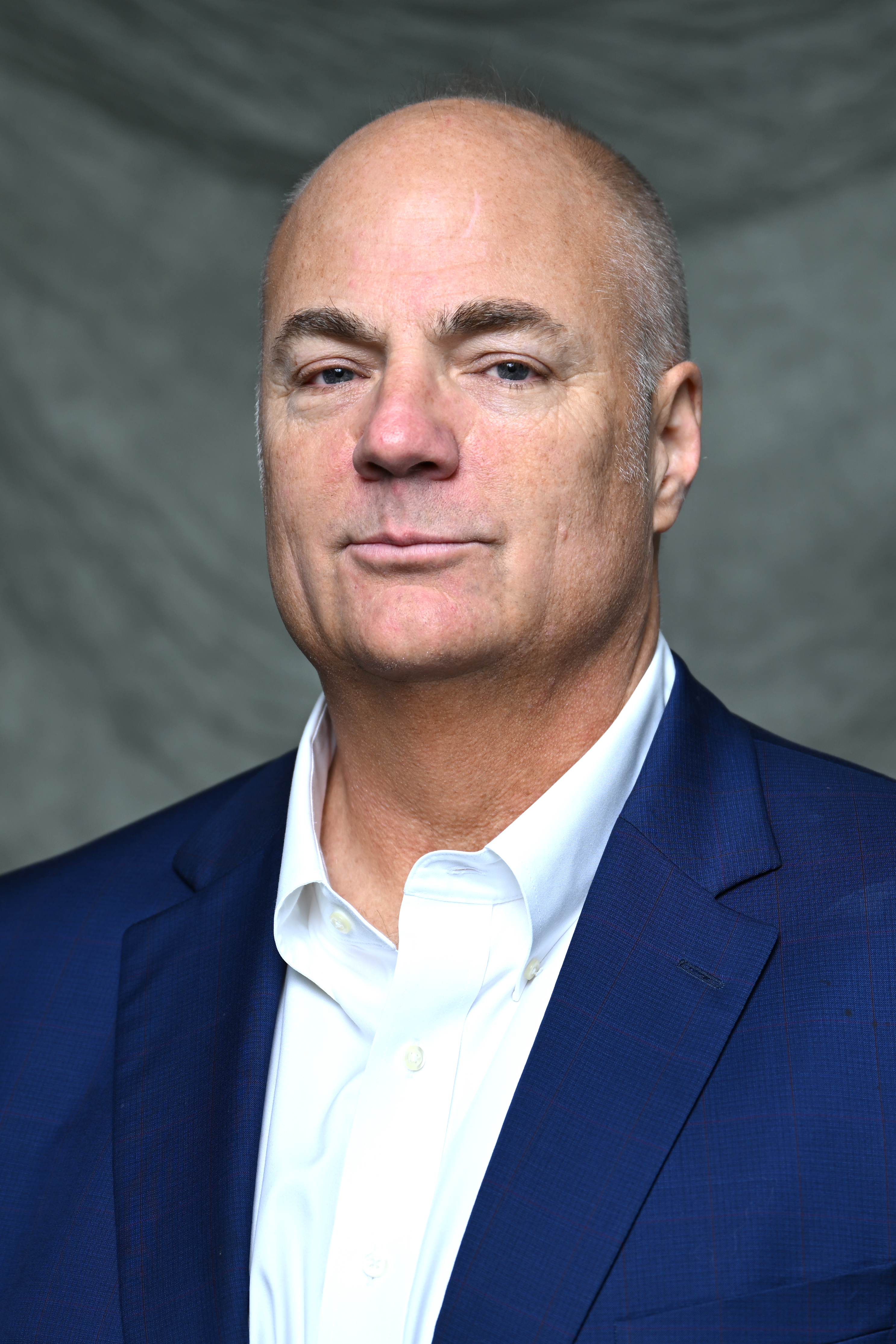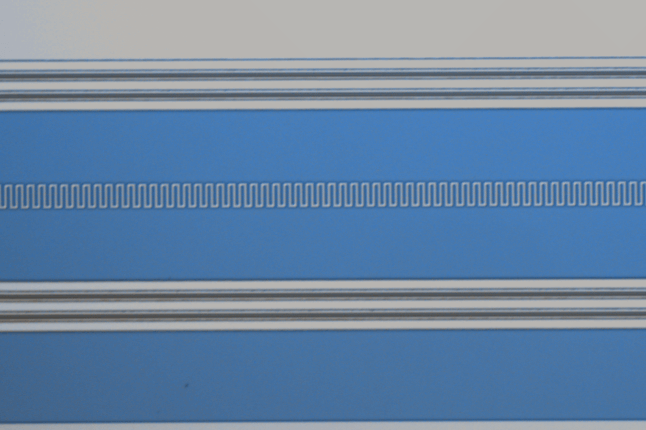News
Among the top research in heart disease and stroke from the past year are studies that look at the importance of managing such behaviors as obesity and smoking to reduce health risks, as well as promising new medications and basic science advances, according to Clyde W. Yancy, M.D., president of the American Heart Association (AHA).
The American Heart Association has been compiling an annual list of top advances in heart disease and stroke research since 1996.
The 2009 highlights included "Generation of functional ventricular heart muscle from mouse ventricular progenitor cells," published in the October 16 issue of Science (Science 2009; 326; 426-29).
The study was led by a team of researchers from the Harvard Stem Cell Institute (HSCI); scientists at Massachusetts General Hospital (MGH); and collaborators at Harvard’s School of Engineering and Applied Sciences (SEAS).
Scientists grew a piece of spontaneously beating heart muscle using stem cells from a mouse embryo. This is a major advancement toward one day repairing damage caused to the heart muscle by a heart attack.
The finding was possible because of a sophisticated engineering feat first developed by two of the paper's co-authors: Kit Parker, Thomas Dudley Cabot Associate Professor of Applied Science in SEAS and a core member of the Wyss Institute for Biologically Inspired Engineering, and SEAS postdoctoral fellow Adam W. Feinberg.
Parker's lab developed the technology that produces a strip of muscle from the cardiac cells. He commented in a press release issued by Harvard that, "We try to develop technologies that are cell-agnostic; technologies that can work with Ken’s cardiac progenitors, or anyone else’s stem cells. These techniques are not limited to cardiac cells, or even to stem cells for that matter.”
The paper's other co-authors included Ibrahim J. Domian, Murali Chiravuri, Peter van der Meer, Xi Shi, Ying Shao, Sean M. Wu, and Kenneth R. Chien.
Adapted from press releases by the American Heart Association (link no longer available) and Harvard University.
Topics: Health / Medicine, Bioengineering, Applied Physics
Cutting-edge science delivered direct to your inbox.
Join the Harvard SEAS mailing list.
Scientist Profiles
Kit Parker
Tarr Family Professor of Bioengineering and Applied Physics




